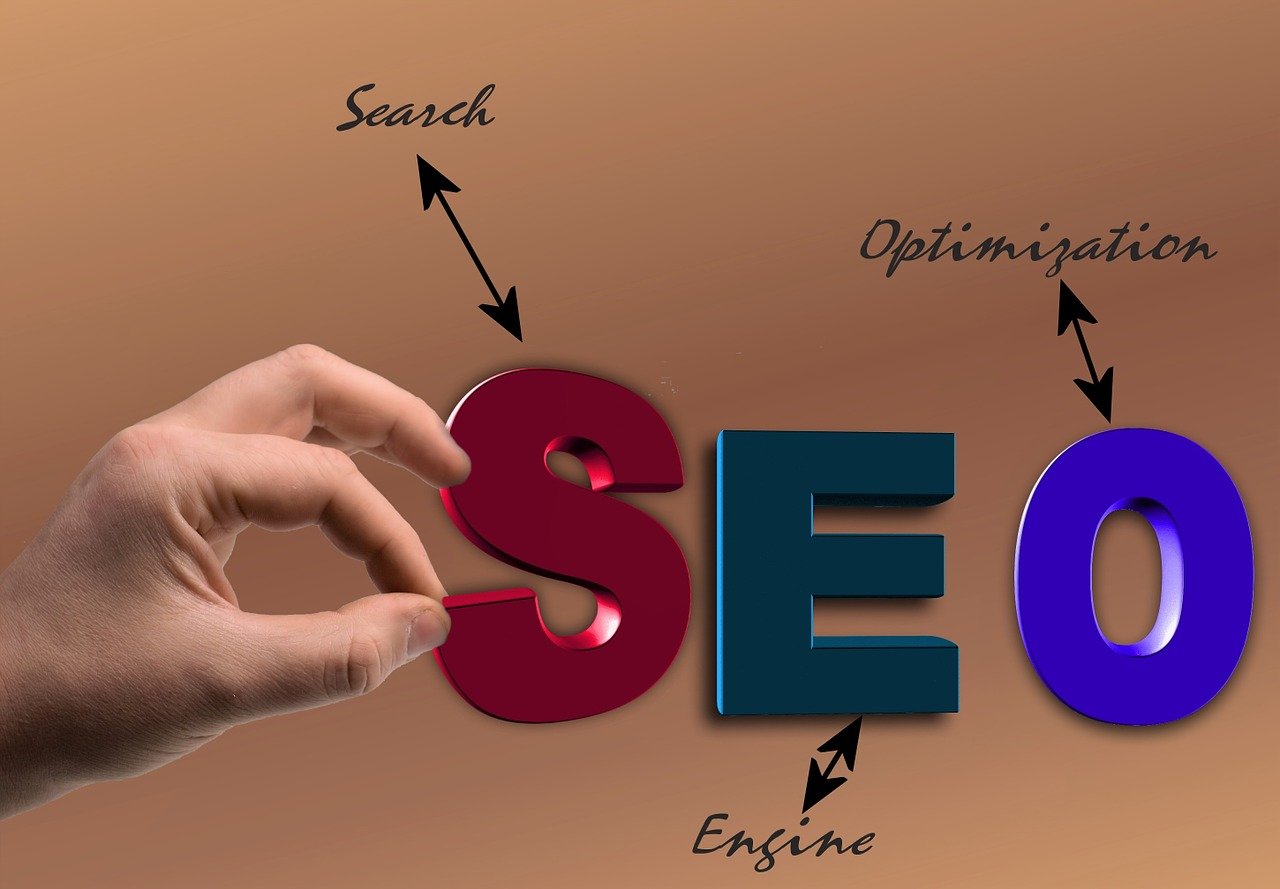
When it comes to e-commerce websites, having a solid seo (Search Engine Optimization) strategy is crucial for maximizing visibility and conversions. With the competition getting tougher every day, it’s important for online retailers to implement effective seo techniques to stand out in search engine results. In this article, we will discuss some key strategies that can help e-commerce websites improve their visibility and drive higher conversions.
1. Conduct Comprehensive Keyword Research
The first step in any successful seo strategy is to conduct thorough keyword research. This involves identifying the keywords and phrases that your target audience is using to search for products or services similar to yours. Utilize various keyword research tools and search engine suggestions to identify these keywords.
It’s important to focus not only on high-volume keywords but also on long-tail keywords that have less competition. Long-tail keywords are more specific and often lead to higher conversion rates as they are more likely to attract users with a clear intent to purchase.
2. Optimize On-Page Elements
Optimizing on-page elements is essential for better search engine rankings. Make sure to include your target keywords in the following elements:
- Title Tags: Incorporate keywords naturally in your title tags to increase relevancy.
- Meta Descriptions: Create compelling meta descriptions that not only describe the content but also entice users to click.
- Headings and Subheadings: Use keywords in your headings (H1, H2, etc.) to give search engines a clear understanding of your page’s structure and content.
- Product Descriptions: Write unique and detailed product descriptions that incorporate relevant keywords.
- Image Alt Text: Include descriptive alt text for images to improve accessibility and keyword relevance.
3. Improve Site Speed and Mobile Optimization
Site speed is a crucial factor for both seo and user experience. Slow-loading websites not only frustrate users but also receive lower rankings in search results. Optimize your website’s loading speed by compressing images, minimizing code, and leveraging caching techniques.
Additionally, with the increasing number of mobile users, optimizing your e-commerce website for mobile devices is imperative. Implement a responsive design that adapts to different screen sizes and ensure smooth navigation and fast loading times on mobile devices.
4. Implement Schema Markup
Schema markup is a code snippet added to your website that helps search engines understand the content better. Using schema markup can enhance your listing in search engine results, increasing the chances of attracting more clicks and potential customers.
Implementing schema markup for e-commerce websites is particularly beneficial as it provides detailed information about products, including reviews, ratings, prices, and availability, directly in search results.
5. Create High-Quality Content
Developing high-quality, informative, and engaging content is fundamental for any successful seo strategy. Create blog posts, buying guides, and product comparisons that provide value to your target audience. Incorporate relevant keywords naturally within the content, focusing on the user’s intent rather than keyword stuffing techniques.
Moreover, encourage user-generated content, such as product reviews, to increase the credibility and authority of your e-commerce website. User-generated content also helps generate more long-tail keywords and enhances the overall user experience.
FAQs
Q: How long does it take to see seo results for an e-commerce website?
A: seo is a long-term strategy, and the results may vary depending on various factors such as competition, keyword difficulty, and website authority. Typically, it can take several months to start seeing significant improvements in search engine rankings and organic traffic.
Q: Can I do seo for my e-commerce website myself, or should I hire a professional?
A: While it is possible to handle seo tasks for your e-commerce website on your own, hiring a professional seo agency or specialist is highly recommended. seo requires continuous monitoring, data analysis, and technical expertise to achieve the desired results. A professional can provide a comprehensive seo strategy tailored to your specific business needs and ensure optimal performance.
Q: Is social media important for e-commerce seo?
A: While social media signals do not directly impact search engine rankings, having a strong social media presence can indirectly benefit your e-commerce website’s seo efforts. social media platforms enable you to engage with your audience, build brand awareness, and drive traffic to your website. Increased website traffic and brand exposure can result in higher chances of acquiring backlinks and attracting natural search engine attention.
Implementing a robust seo strategy for your e-commerce website is vital for maximizing visibility, attracting targeted traffic, and ultimately increasing conversions. By focusing on keyword research, optimizing on-page elements, improving site speed and mobile optimization, implementing schema markup, and creating high-quality content, you can significantly enhance your website’s performance in search engine rankings and drive more sales.





